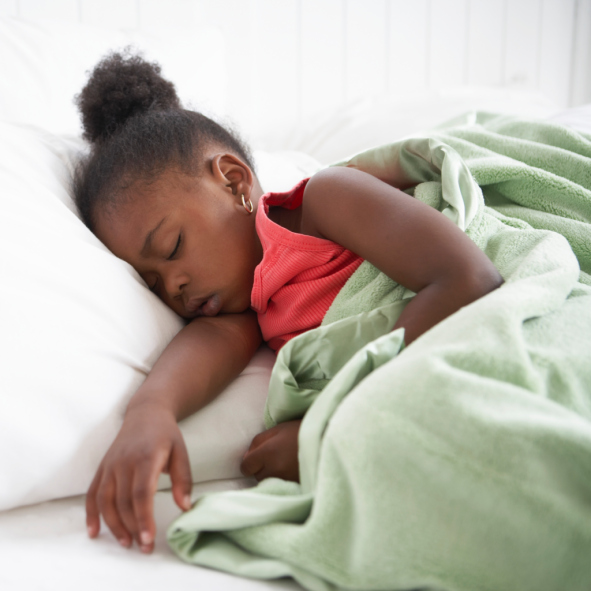At a recent presentation in Toronto, Arianna Huffington talked about the importance of sleep to healthy living. A prolific journalist, as well as a mother to two young adult daughters, the founder of Huffington Post also advocates on behalf of the Division of Sleep Medicine at Harvard Medical School. She calls herself “a sleep evangelist” who now makes sleep a priority in her very busy life. She laughs as she describes racing to settle into bed on time with the same enthusiasm she musters to catch a departing train.
There is no shortage of research about the benefits of sleep to adults and children. Earlier this year, the Centre for Disease Control and Prevention (CDC) highlighted the importance of sleep to the prevention of chronic diseases such as diabetes, cardiovascular disease and obesity. It is clear that we all do better physically, emotionally, socially and academically when we get a good night’s sleep. The challenge for parents is to help our children develop good sleep habits that can contribute to lifelong health. Although it seems early to plan for back-to-school, the summer can be a very good time to begin to build healthy sleep habits for kids.

How long we need to sleep depends on our age and stage. The Canadian Pediatric Society has a great website about sleep and children caringforkids.cps.ca which suggests that school-aged children ages 3 to 10 need between 10 and 12 hours of sleep each night. And it’s not just little kids who need their sleep. Canada’s pediatricians say that teens need 9 to 10 hours of sleep because their bodies are growing and changing so quickly. Teens who are not getting enough sleep are more likely to have difficulty concentrating, and may be susceptible to feeling depressed.
Learning good sleep habits starts early in life and can be a benefit for the rest of our lives.
If children are to get up in the morning well rested, we need to start preparing the evening before. Parents can help their kids settle and sleep if they keep a consistent bedtime routine that includes:
- Ensuring that children have active play during their day.

- Keeping the hour before bedtime as screen-free time. This includes removing all television, computers, video games, and handheld devices from the child’s sleeping area. (Research suggests this is a good idea for adults too.)
- Creating a pleasant transition from daytime to sleep time by playing a quiet activity, reading bedtime stories and snuggling in together.
- Helping your child to feel safe and secure in their sleeping area.
- Keeping a calm, but firm approach to settling kids to sleep.
It can be a challenge to help kids develop healthy sleeping routines. If you would like to discuss how to help your child develop good sleep habits, you can call KIDS LINE, or tweet your questions @KIDSLINEOnline to speak to a public health nurse.
